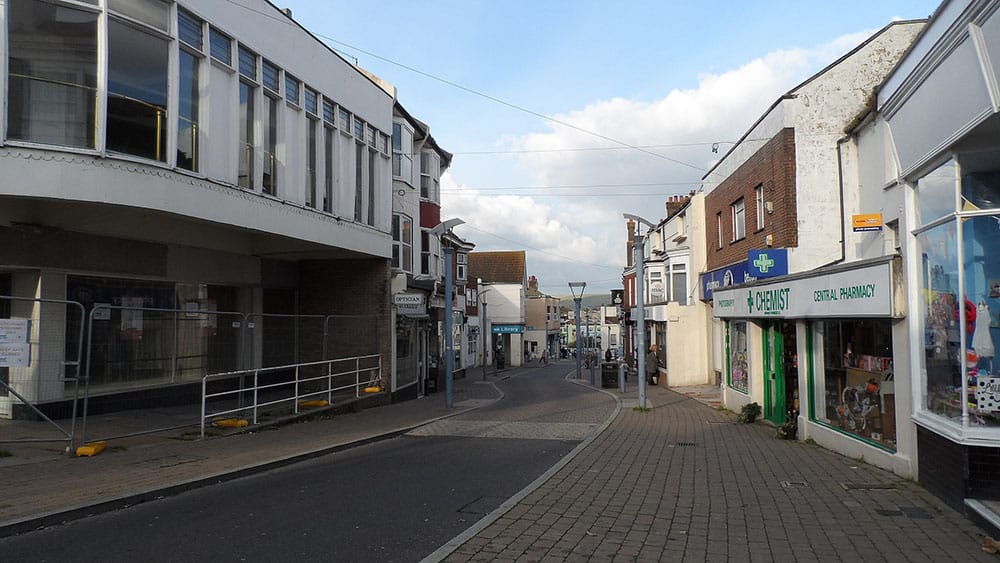Mobility retailer Beactive Mobility shuts shop amidst record level of British store closures
After selling mobility products to the people of Diss for over a decade, Beactive Mobility has closed its high street store, with Managing Director David Smith highlighting high operating costs and parking problems.
Established in 2000 and grew to become a major player in the East Anglian region, family-run Beactive Mobility had operated its Diss store for 11 years before shutting the branch’s doors for good at the beginning of September.
The closure of its Diss outlet has reduced the mobility retailer’s store portfolio to three, with stores remaining in Great Yarmouth, Norwich and its headquarters in Lowestoft.
Speaking with the Diss Express, David Smith, Managing Director of Beactive Mobility, explained a number of factors had contributed to the closure of the outlet, including a shift in the town’s parking system.
“Part of the reason is the costs involved in running a store in Diss,” he said.
“We have to go out to see customers a lot and, with deliveries, it’s become very difficult to park in the town since the council changed all the parking rules for the rear of the store and the car park in Chapel Street.”
According to the mobility dealer, its current customers will now be looked after by its branches in Lowestoft and Norwich.
“We’d like to thank all our customers who’ve been to see us,” said Mr Smith.
“We are sad about the branch closing – it is not something we wanted to do.”
A record number of high street closures
The Beactive Mobility closure comes as research by the Local Data Company (LDC) and PwC released on the 11th September reveals that the first half of 2019 saw a net decline of 1,234 chain stores on Britain’s top 500 high streets – the highest number since analysis by PwC and the Local Data Company began in 2010.
According to the data, the first half of 2019 saw almost twice as many store closures (16 per day) as openings (9 per day), with a total, 1,634 stores opened and 2,868 stores closed over the period, leading to a net decline of 1,234 stores.
The hardest-hit retail sectors on Britain’s high streets were fashion retailers, chain restaurants, estate agents and pubs say the PwC and LDC, with experts citing rising high street operating costs and a shift in the way people shop as being the fundamental underlying causes.
The end of the high street?
With the numbers suggesting that the trend of declining high street footfall and spend is set to continue, Lisa Hooker, Consumer Markets Leader at PwC, considers that whilst there will still be a need for the right retail propositions to operate, there may be less of a need for as many high streets across the UK.
“The record net decline in store numbers in the first half of 2019 shows that there’s been no let-up in the changing ways that people shop and the cost pressures affecting high street operators,” she said.
“While retailers need to keep investing to make sure their stores and propositions are relevant to today’s consumers, it’s also critical that all stakeholders find ways to ease the burden on operators, keep investing in the high street, and encourage new and different types of operators to fill vacant space.
Lisa continued: “The good news is that there are green shoots, as new entrants are entering even embattled sectors such as fashion. Our research tells us that consumers still want to spend their money in well located and invested stores and leisure venues on the high street.
“However, as consumers continue to change the way they shop and spend their leisure time, the reality is that we may need fewer high streets in the future. This opens up opportunities to repurpose high street space for other uses, while the remaining space evolves to meet consumer demand for convenience, choice and experience.”
In recent months, a number of large, high street operators have faced difficulty, with the notable in the mobility industry being the Bathstore, which almost faced extinction before being saved by Homebase.




